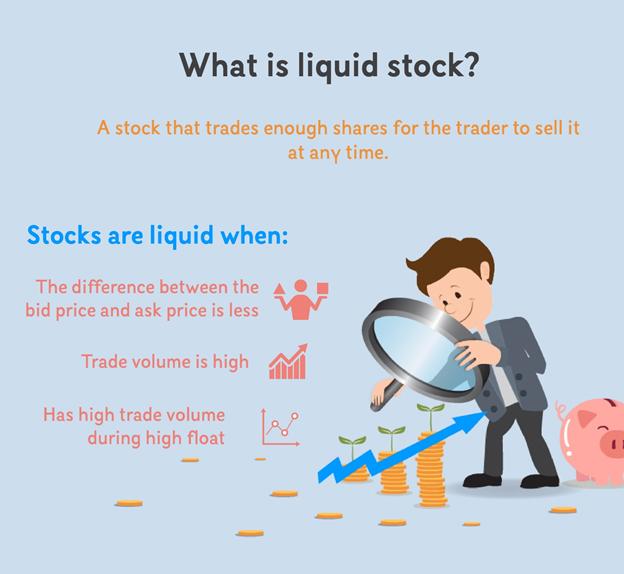Weekend trading in stocks is unheard of until recently. Indeed, you can trade in stocks during weekends. If you are wondering if that is possible, yes, you read it right.
You might wonder how it is possible to close exchanges during the weekend. While this is true for most exchanges, weekend trading is supported by ECN platforms. As such, you can make transactions beyond the standard trading hours.
Trading over the weekend gives part-time market participants the chance to take part in stock investing, which they could not otherwise do during the weekdays. One reason could be that they have a day job, and they are not allowed to engage in any non-work-related activities during work hours. If that is not the case, they may be doing a lot of work during weekdays that they do not have free time for investing.
In this article, you will know how you can trade beyond the ordinary trading days, including the risks to this trading schedule. Also, you will know the best hours, days, weeks, and months to trade stocks.
How to trade stocks over the weekend?
Stock exchanges often have well-defined trading hours, from 9:00 AM to 5:00 PM. For instance, NYSE opens at 9:30 AM EST and closes at 4:00 PM EST. If you want to trade stocks beyond the normal schedule, that is possible through ECN.
With ECN, you can make stock transactions beyond the regular trading schedule. In the past, only institutional investors were able to enjoy this opportunity. Nowadays, thanks to the computer and internet revolution, the barrier for entry has become more manageable for many investors. At this time, service providers offer trading services after trading hours. One such provider is Charles Schwab.

Charles Schwab mobile trading platform
Three ways to trade during weekends
There are three ways to trade stocks during weekends:
- Buy and sell stocks in the pre-market hour and the post-market hour.
- Utilize the time zone difference to engage in stock trading within the trading hours of another country. This way, you can still make transactions although the stock exchanges in your location have already closed.
- Connect with stock exchanges located in Arab countries where stock trading between Saturday and Wednesday is possible.
Downsides to trading over the weekend
While trading over the weekend offers the door to other investors to partake in stock investing, this opportunity comes with risks you must deal with.
Execution risk
It is the biggest downside to off-hour investing. This risk refers to the possibility of non-processing of orders within the trade execution day. This applies to orders placed during the pre-market and post-market sessions in ECN platforms. The main reason for that is the low liquidity during weekends. The image below shows a definition of liquidity in stocks.
High volatility
You might think that low liquidity during weekends leads to low volatility. This is not entirely true. Because of the low trade volume, transactions made by big players and institutional investors often make a direct impact on stock prices. Therefore, you can see wide price gyrations during weekends.
Large commissions
Because trading volume is low, trading platforms may charge high fees for orders placed during weekends. As a result, making profit can be challenging. You will have to pay more in each trade transaction than you normally do during a regular trading schedule. If you invest small amounts, the return on your investment might not be worth the time you spend trading the market.
Limited trading orders
Your trading options may be limited when you trade over the weekends. For example, you may not be able to execute trades with stop loss orders. If your strategy normally uses stop loss, then weekend trading does not work in your favor at the get-go.

Liquidity in stocks
Best hours to trade stocks
The opening hour of each trading day is very active in the stock market. Two or three hours later, investors typically stop trading as volatility declines. If you are a day trader, finding and taking trades around this time is a good strategy.
In the last hour of the trading day, volatility picks up again. The surge in trading activity and volatility often results from liquidating positions just before the trading day’s close. Here is where you can see large moves and strong reversals, particularly in the last few minutes leading to the market close.
Best days to trade stocks
Experts observe that the stock market tends to drop during Mondays. One possible reason is that the market is attempting to factor in and reflect on the price of the news events published during weekends. Another possible reason is the generally negative feeling of people when it comes to going back to work after two days of fun and relaxation.
In the past, Monday was the most volatile trading day of the week, but this is no longer the case over time. One reason is that stocks tend to go down, giving you a chance to buy shares at bargain prices. Despite this fact, Monday is still a good choice if you have to choose which day to buy stocks.

Monday effect
Best months to trade stocks
The stock market shows a propensity to rally during the last trading week of the year. This is what we call the Santa Claus rally and the January effect. Although the St. Nicholas’ rally does not come to the market each year, the chances of its occurrence are so high that it caused anticipation among investors.
At the start of every year, investors come to the market full of passion and determination. They may push prices of small-cap stocks as a result. However, as more and more people gain awareness of the January effect, its power tends to fade.
Final thoughts
While market timing can be a profitable strategy in the stock market, it is best used by full-time professional traders and investors. Beginning and part-time investors might not find value in this strategy at all. Worse, it could lead to disappointments. Many other investors maintain that holding time is more important than timing. The old way of buying and holding stocks seems to work even today.


















Comments